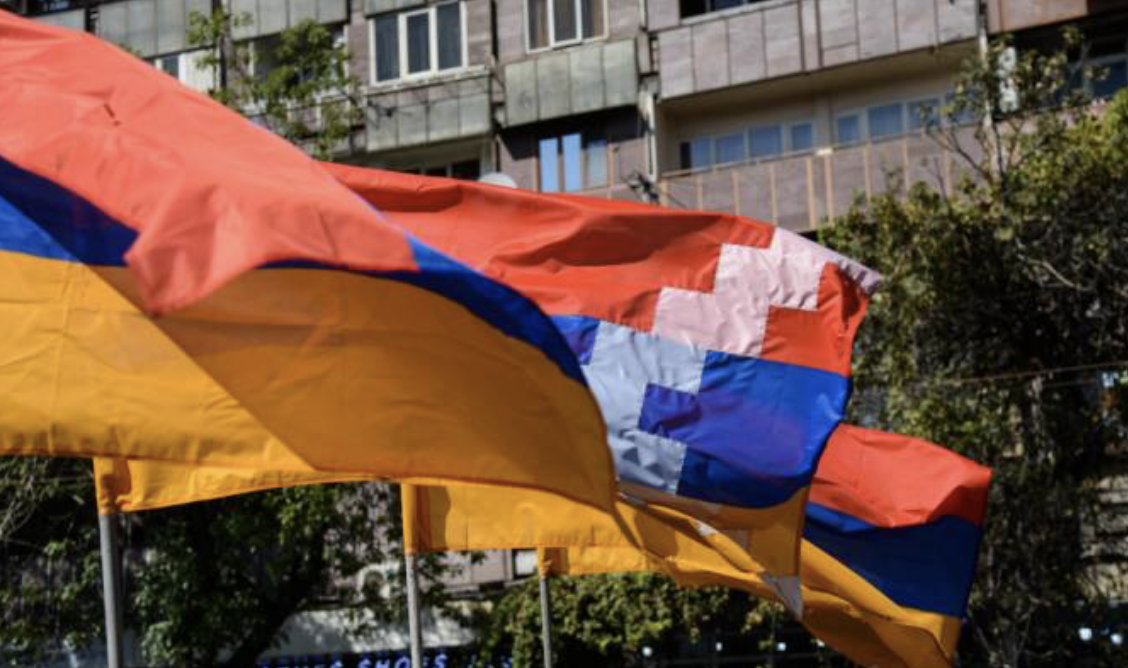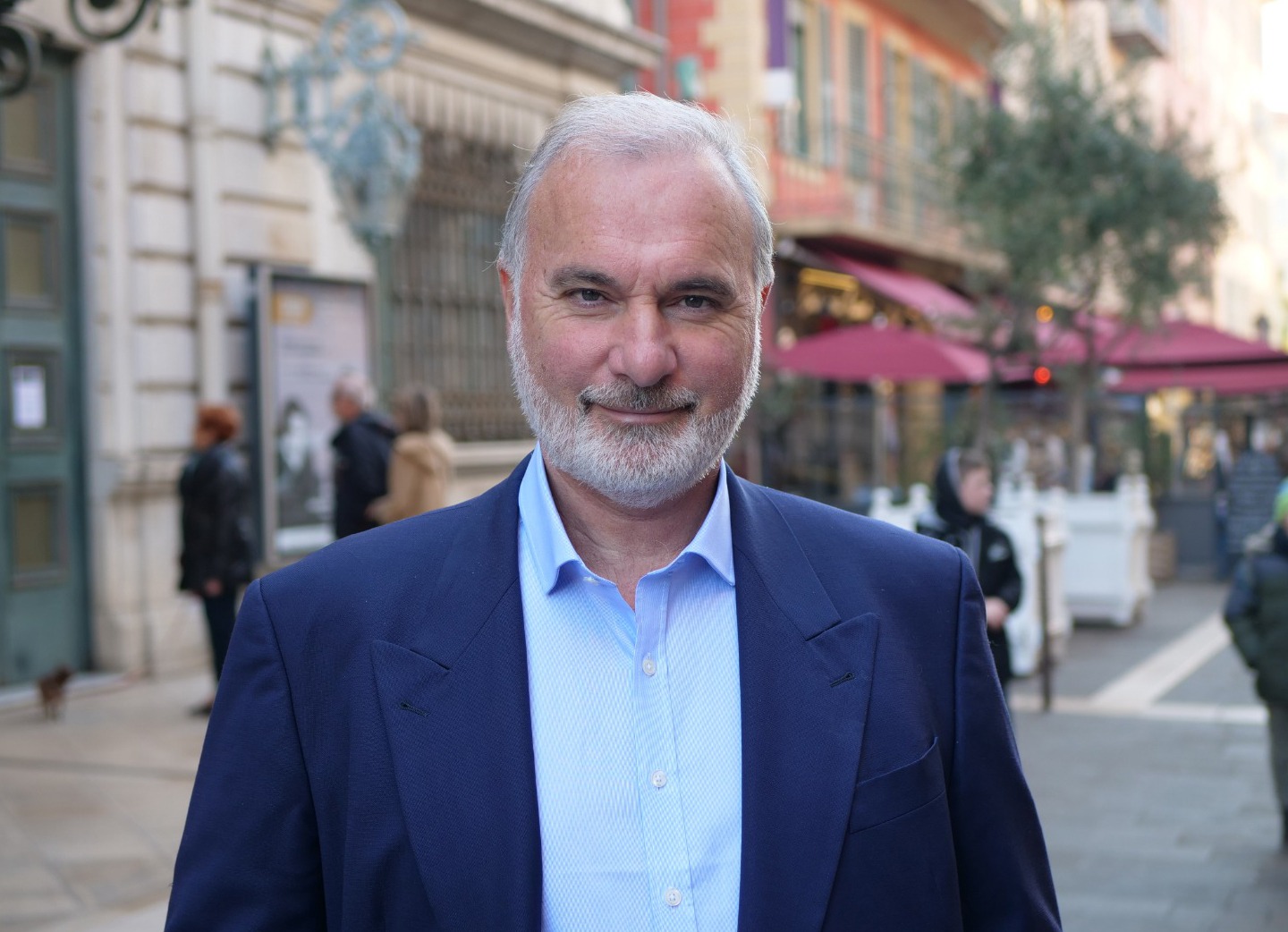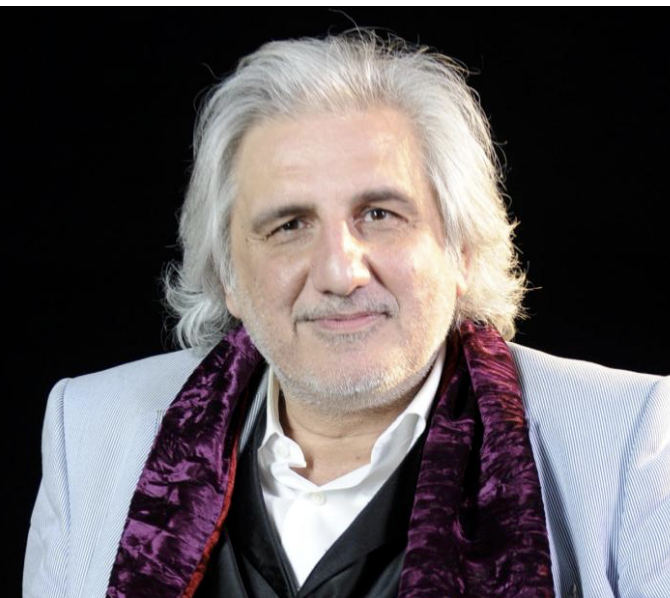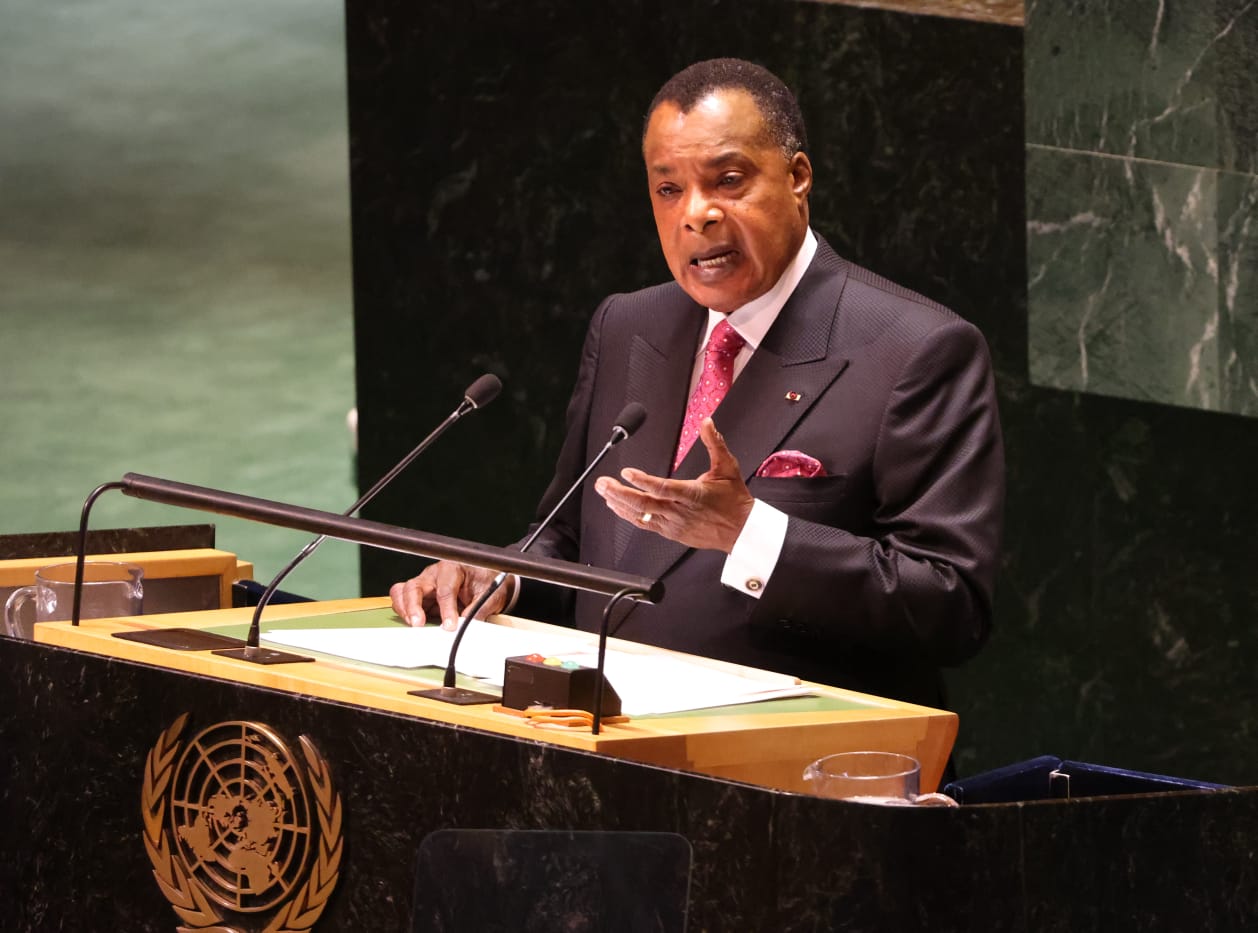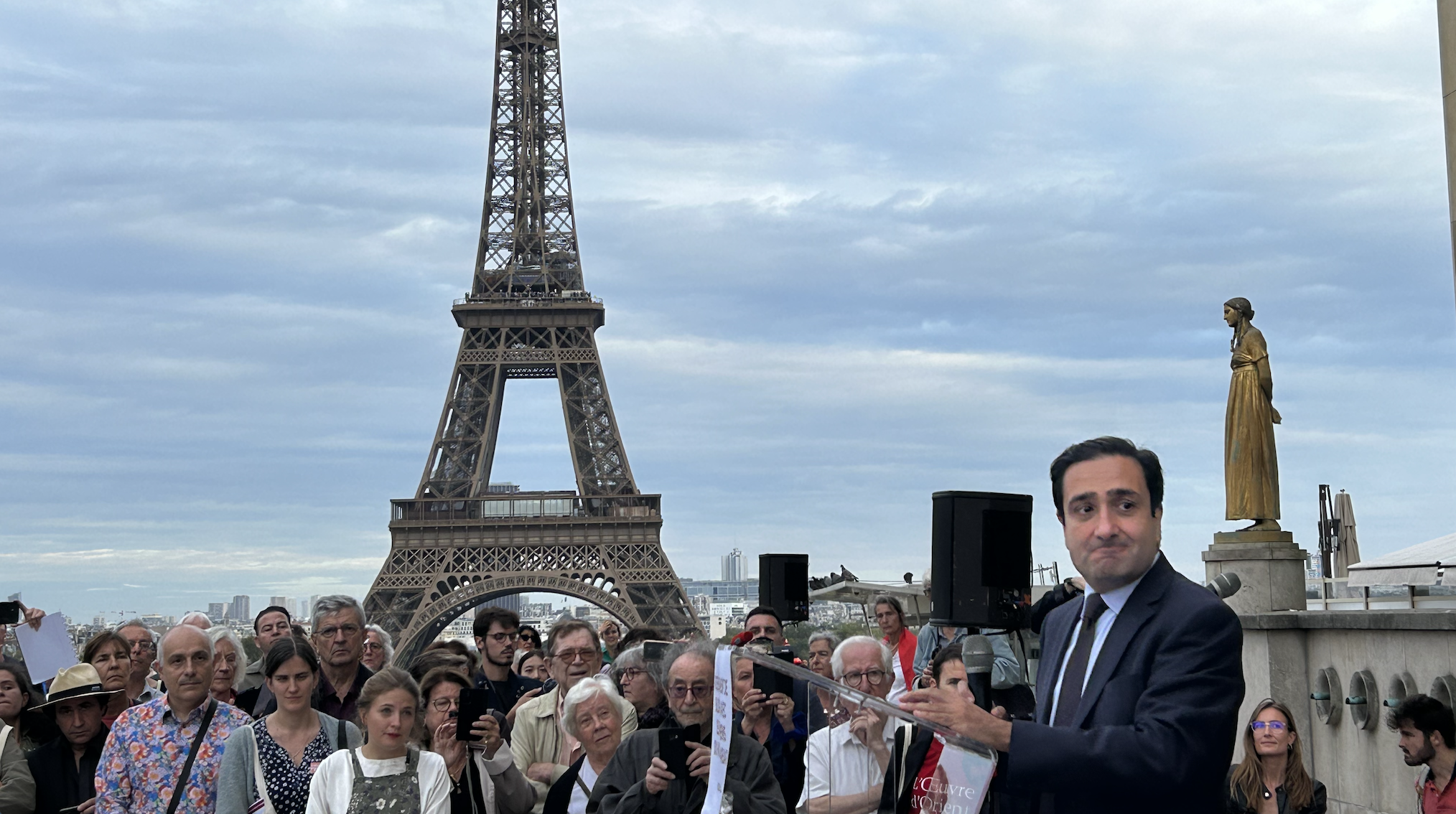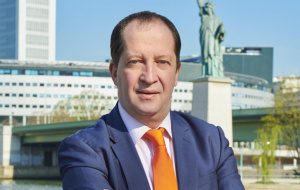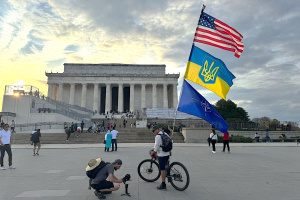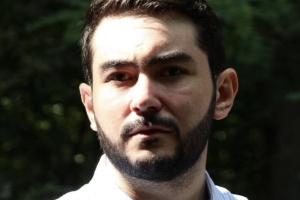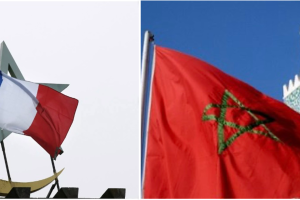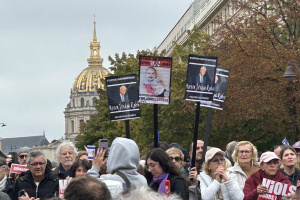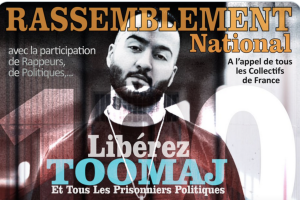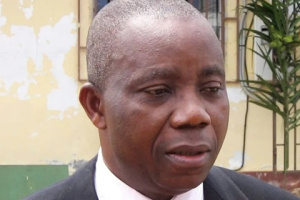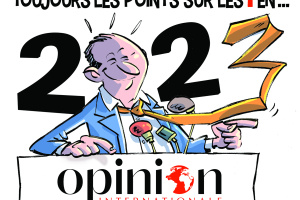Starting this month, Opinion Internationale is publishing a monthly series of editorials on the upcoming US presidential election. It will offer both analysis on various themes and commentary on the campaign’s many twists and twists, from the primaries to the final debates and the aftermath of the vote. This first one kicks off with a look at the big picture, and what is at stake.
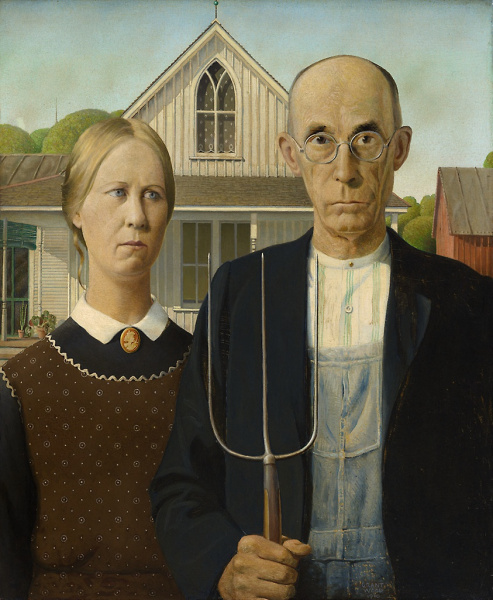
January 2020: The more equally momentous election
It is a ritual that plays out every four years across America. As the campaigns gear up for the trip to the ballot box, candidates and pundits inevitably qualify that specific election as one of the most momentous, if not the most momentous in the nation’s history. These announcements, which are repeated at each campaign stop and on every cable show, provide useful fodder for voter turnout and ratings. So it is no surprise that this year’s election is being qualified as a uniquely importance moment for the country and the world, and it would be almost natural to dismiss it as normal electoral chatter, with each election in the end being equally momentous. But perhaps some elections, and this one in particular are more equally momentous that others.
The arguments for thinking that the 2020 election holds special significance are not difficult to see and feel. The election is taking place at a time of historic, if not unprecedented polarization, with large swathes of Americans seemingly living in radically different worlds and holding opposing values from one another.
On the ‘right’, the powerful mix of cultural anxieties and ambitions harbored mainly by the country’s religious white population, which brought Trump to power, remains potent. Economic insecurities and demographic decline (both absolute and relative) continue to fuel a siege mentality, which the president exploits to great political advantage, especially with the impeachment trial now in full steam. And under Trump, they believe with good reason that the fight against legal abortion, which for many represents the holy grail of political engagement, is within one additional Supreme Court nomination of being won. Now is not the time to tone down the noise.
On the left, Trump’s election and behavior in office have continuously sparked outrage, with many, especially but not exclusively amongst the better educated, accusing him of betraying what America is, or should be. The vitriol against a man so grotesque and so spectacularly ill equipped to be President is just as potent as the one seen on the right against the liberals. At the same time, the Democratic Party’s stunning defeat in 2016 has triggered a deep split between moderates, led by Biden, and the progressive wing, embodied by Sanders and by Warren to a lesser extent. The seeds of disunity within the party are also rooted in the very different answers Democratic candidates offer to the country’s rising inequality and broken social ladder. Rarely has an election featured such vastly different world-views within the Democratic party (and potentially between the Democrats and the Republican if Sanders wins) than 2020. With the party so fragmented, whether they will be able to unite and convince their respective supporters to vote for the eventual Democratic nominee against Trump remains very much in doubt.
And amidst this toxic cacophony, continuously egged on by the relentless presidential barrage of taunts and insults and the impeachment battle, the ‘middle’ over which previous elections used to hinge seems to have vanished. This seems especially tragic with regards to moderate Republicans, now an extinct species, at least politically. With an American house increasingly divided, some worry that today’s atmospherics are increasingly redolent of the antebellum years.
America’s fractious politics take on an even more ominous dimension in today’s international context. What makes the world’s turbulences and geopolitical tensions perhaps more troublesome than in previous decades is America’s diminished ability, and willingness, to act as a moderating power In fact, presidential behavior is at the root of many of these conflicts. How those play out, when and with how much ultimate damage will be in large part determined by who occupies the White House in 2021.
In this tense and fractious environment, not one factor may prove decisive. Instead, the interplay of a few variables will be determinant. One of these is the economy. While 2020 may in fact be a case of “it’s not the economy, stupid”, with many on both sides voting for their values and for their ethnicity regardless of economic policy, a severe economic downturn or a major boost before the election may have an impact on the very few, but perhaps ever more so important, undecided. As a pre-emptive strike perhaps against this risk, Trump spent his time in Davos this month touting his economic achievements.
Likewise, international conflicts or missteps, especially for a president whose 2016 campaign asserted his aversion for foreign entanglement, and the perceptions of an administration that is ‘out of control’ may scare some constituencies and further convince some of the left to unite. Also, upcoming Supreme Court decisions on socio-cultural issues, including potentially abortion, may either stoke or reduce polarization and thus influence vote turnout. Finally, while few think the impeachment trial will result in the president’s removal, new evidence may also influence voter choice come November.
If one must brace oneself for an extremely bumpy campaign and a highly uncertain outcome, one post-election inevitability looms large. The country will emerge from the contest even more divided regardless of the outcome, with the losing side smarting more than ever from a loss that will further exacerbate the distance between them and the winning side. Whoever the president is, It will take multiple presidential mandates, even a generation to overcome a divide that has been widening since the 60s, and for America’s deep seated and unresolved questions to be settled. In this context, one can argue that this election is not unique per se. It is one is one milestone in a historical shift for the country, but neither its starting point, neither its endpoint.
Hollis Lomax
Hollis Lomax is an advisor and professor of international affairs. He lives in New York.









